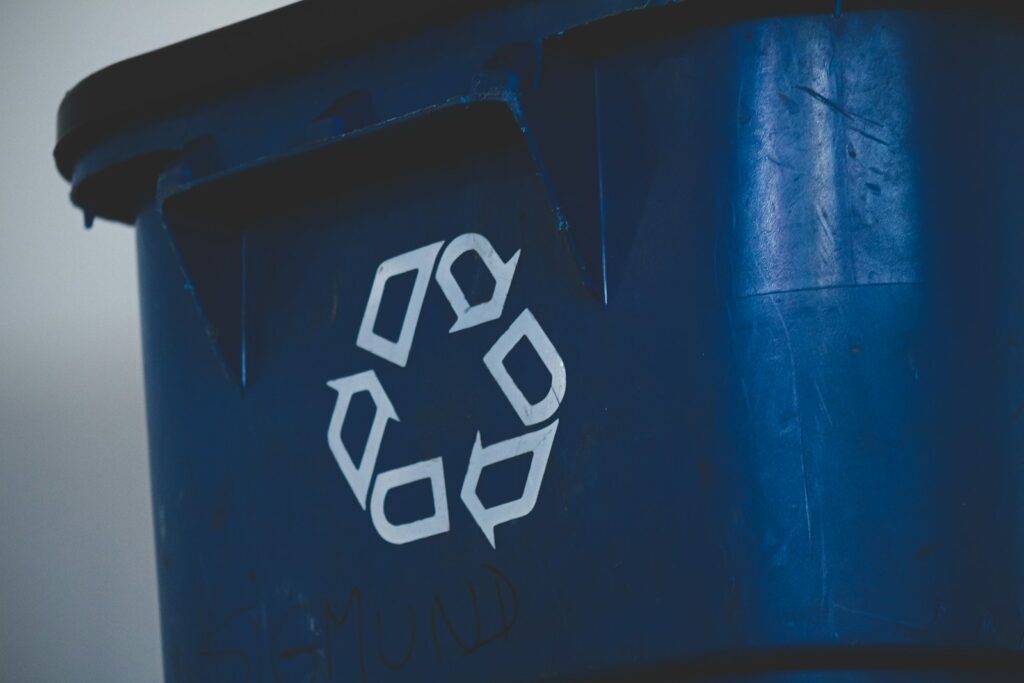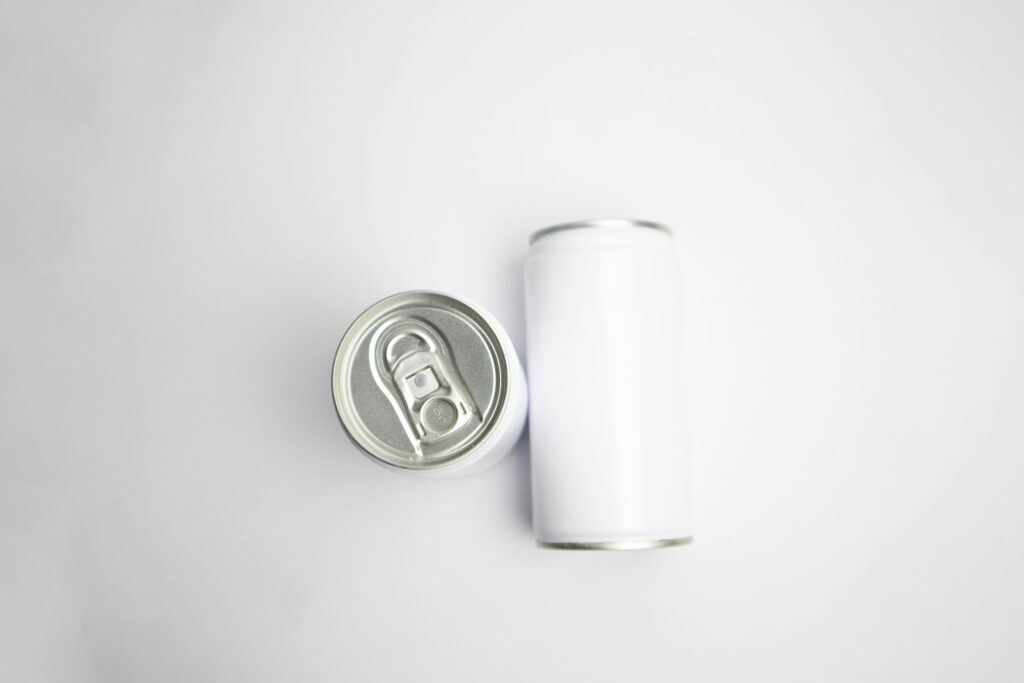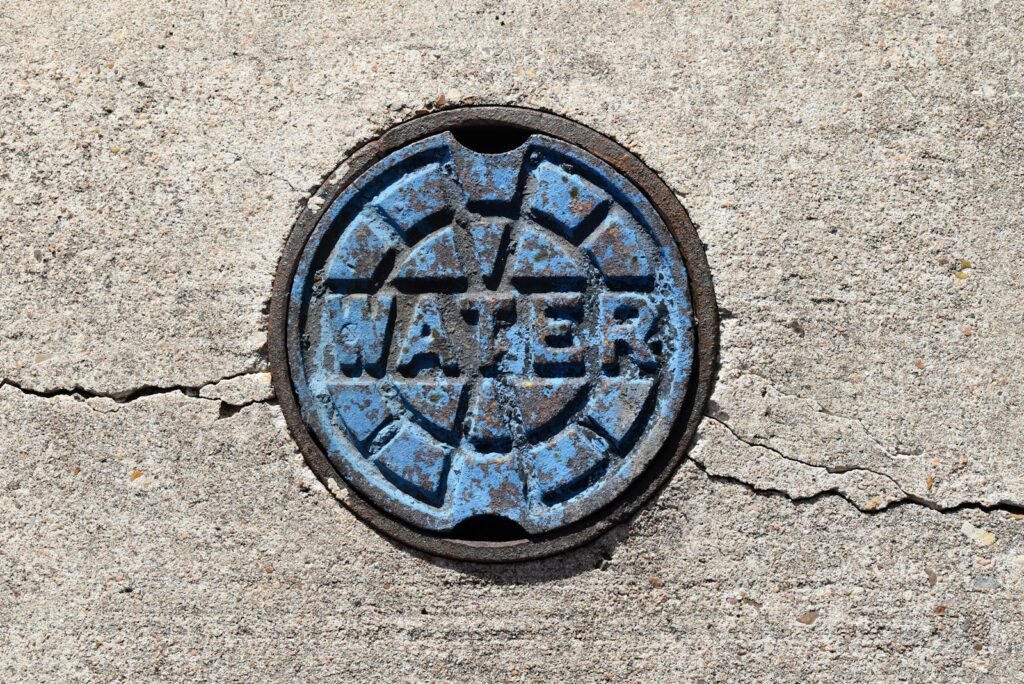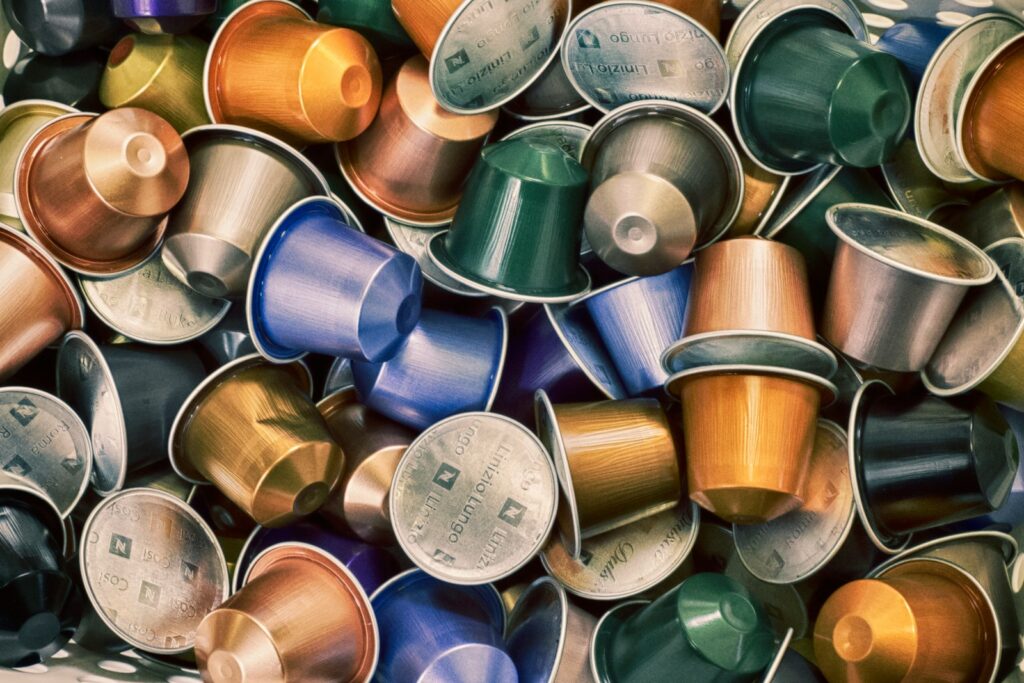In the summer, the Chinese government notified the World Trade Organisation that it wished to revise what are known as the GB standards on recyclable materials.
It said at the time that it would only allow 0.3% non-target contamination, or out-throw, in every load of recyclable material from 31 December 2017.
This was a significant reduction on the 1.5% that was originally permitted.
However, last month following a consultation, the Chinese government notified that it would allow 0.5% out-throw on recyclable materials, with the exception of non-ferrous metals that will allow 1%. This will be implemented from 1 March 2018.
This is on top of the announcement from the Chinese government, that mixed paper and most plastics imports into China are now banned.
For those materials that are still allowed, such as cardboard (OCC), this 0.5% out-throw limit is of course welcomed for being an improvement on the 0.3% that we thought we would have to meet.
But it will remain very challenging to meet in such a short timeframe. Infrastructure has been built on the assumption of a 1.5% limit and it will take time and investment to adapt materials recycling facilities and other sorting infrastructure to reduce the amount of contamination to the permitted level. To try and do this before 1 March next year is next to impossible.
It would have made more sense, and been easier to meet, if the Chinese government had given all materials the same 1% out-throw limit that has been granted to non-ferrous metals, with a gradual reduction over a number of years. We would also hope that the Chinese government takes on board a request from the WTO to give a five-year implementation period for this reduction.
We completely understand the need for the Chinese government to want to reduce the amount of contamination sent there, but the 0.5% limit does seem excessively draconian when combined with effectively four months to meet it.
It also emphasises what we have been talking about now for a while, that quality must come first. With over four million tonnes of paper exported to China each year from the UK out of the eight million we collect for recycling, there is a real risk that we could lose our most significant market if we do not adapt.
This requires the whole supply chain to take responsibility, starting with packaging designers, manufacturers, retailers, the consumer, local authorities and the recycling sector. All too often, the problems caused at the beginning of the supply chain are left to the end of it to deal with.
I will be talking about these issues at the REB Recycling End Markets Conference on 13 December, which The Recycling Association is supporting.
















